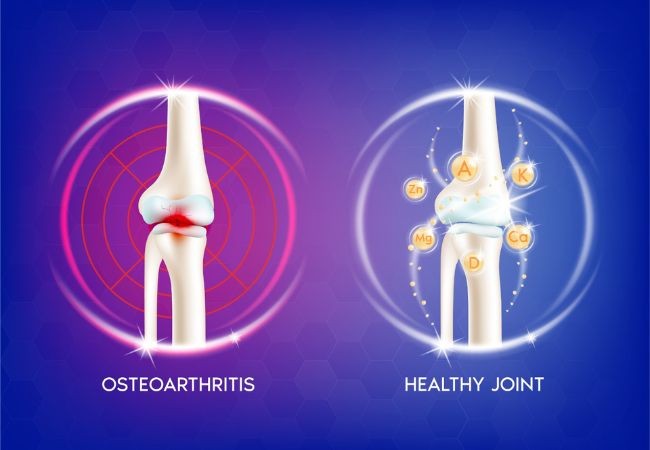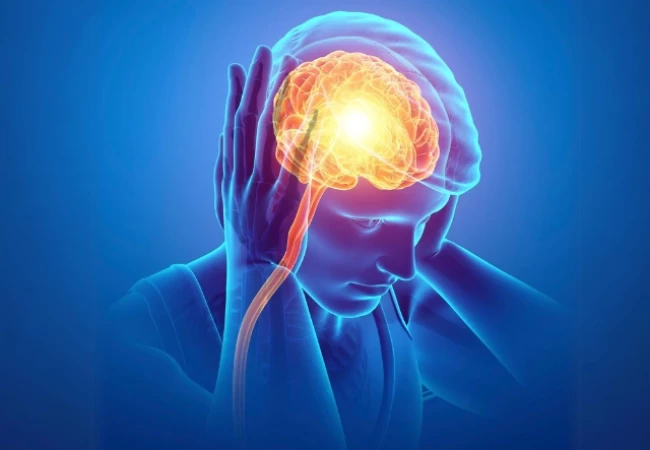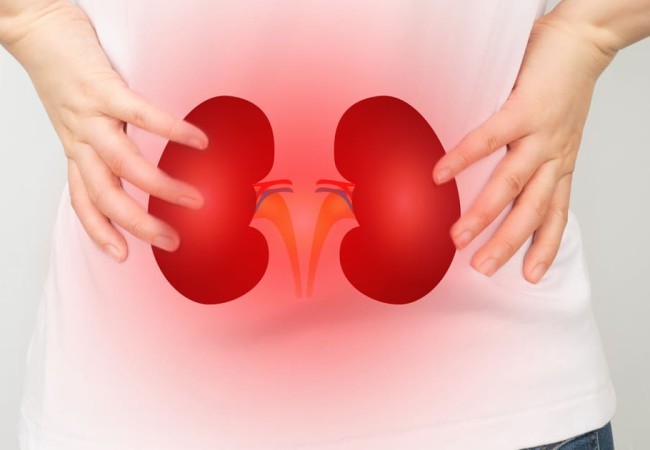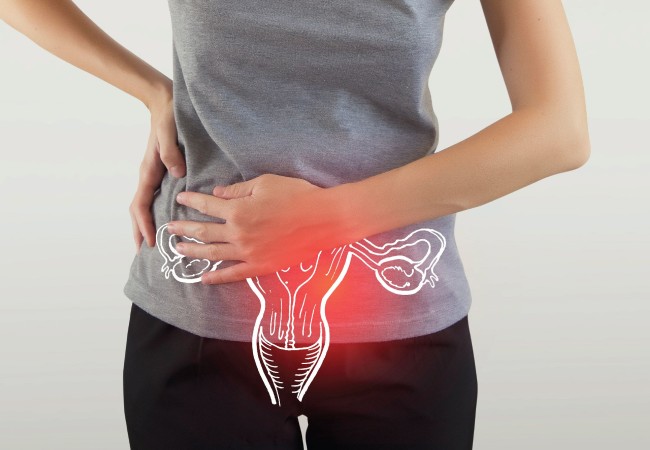Osteoporosis is characterized by the gradual loss of bone strength, leaving individuals vulnerable to fractures and breaks. While typically associated with aging, this condition demands attention irrespective of age, as it can significantly impact one's quality of life. Osteoporosis is a silent threat, often unnoticed until a minor impact or strain leads to fractures, highlighting the importance of early detection and proactive management.
Osteoporosis primarily affects older individuals, particularly those aged 65 or above. However, age alone doesn't dictate susceptibility; lifestyle factors, genetics, and underlying health conditions also play significant roles. The distinctive feature of osteoporosis is the diminished density and quality of bones.
While osteoporosis is often asymptomatic in its early stages, certain signs may indicate its presence as the condition progresses. One common symptom is chronic back pain, particularly in the lower back, caused by compression fractures of the vertebrae. These fractures can lead to a loss of height and a stooped posture over time. Individuals may also experience fractures with minimal trauma or falls, particularly in the wrists, hips, or spine. Height loss and a hunched posture, known as kyphosis, may become more pronounced as the condition advances. Additionally, individuals with osteoporosis may notice that their bones break more easily than expected, leading to frequent fractures or breaks.
Diagnosing osteoporosis early is paramount for effective management. The primary diagnostic tool, DEXA scan, provides valuable insights into bone density levels, aiding in the timely initiation of treatment. If the scan reveals low bone density, prompt treatment becomes necessary to mitigate risks and preserve bone health.
Various treatment modalities are available to combat osteoporosis and fortify bone strength. Medications, including oral tablets or injectable options, are tailored to individual needs, aiming to halt bone loss and promote bone remodelling. Adhering to prescribed treatment regimens empowers individuals to maintain optimal bone health, reducing the likelihood of fractures and sustaining overall well-being.
Managing osteoporosis goes beyond just medication; it includes a holistic approach with lifestyle modifications, dietary adjustments, and physical activity. Regular and monitored exercise routines play a pivotal role in enhancing bone density and reducing fracture risk. Additionally, ensuring adequate intake of calcium and vitamin D through diet or supplements bolsters bone health, building resilience against fractures.
Osteoporosis may present formidable challenges, but with timely intervention and treatment, its impact can be minimized. Don't let osteoporosis dictate your quality of life, take charge of your bone health today.
At Ernakulam Medical Centre, we understand the significance of early detection and comprehensive management of osteoporosis. Our state-of-the-art facilities and experienced doctors are dedicated to providing personalized care and support for your osteoporosis treatment. We are committed to empowering you to lead a healthy life with optimal bone health.


Find out the definition of post traumatic stress disorder (PTSD)? Learn about the causes, symptoms, treatments, and medications.

Discover common neurological disorders, their symptoms, and causes. Learn how to manage these conditions effectively. Keep reading!

Discover expert advice on women's health and motherhood. From pregnancy tips to self-care strategies, empower yourself with our insightful resources

Discover the benefits of laparoscopic surgery - a progressive and minimally invasive procedure for fast recovery. Learn more here!

Worried about weak bones? Osteoporosis, more than just an age issue, can impact anyone. Learn early signs & prevention tips for a stronger you!

Kidney diseases, a critical concern in today's fast-paced world, come in two main forms - sudden kidney failure and chronic kidney failure. It is important to delve into the intricacies of these conditions, exploring their causes and, more importantly, ho

In the realm of women's health, Polycystic Ovarian Disease (PCOD) stands out as a prevalent concern affecting women across various age groups, from teenagers to those in their thirties. This syndrome of diseases, based on hormonal imbalances, manifests th